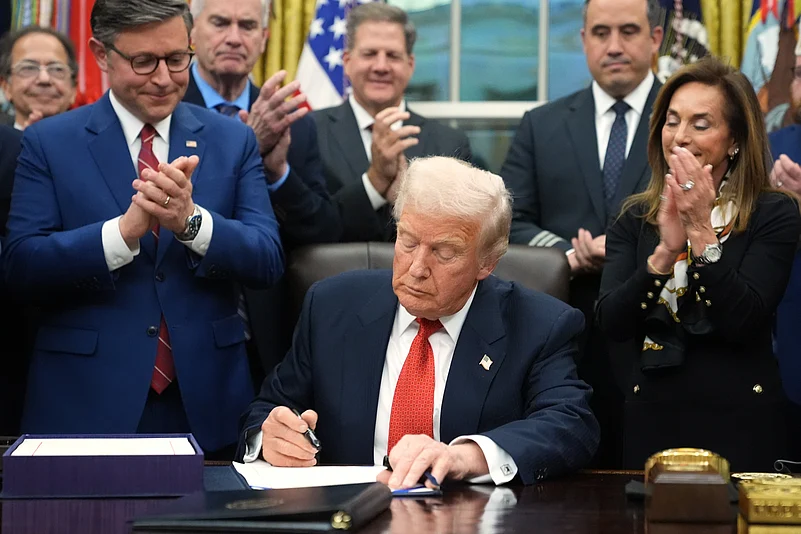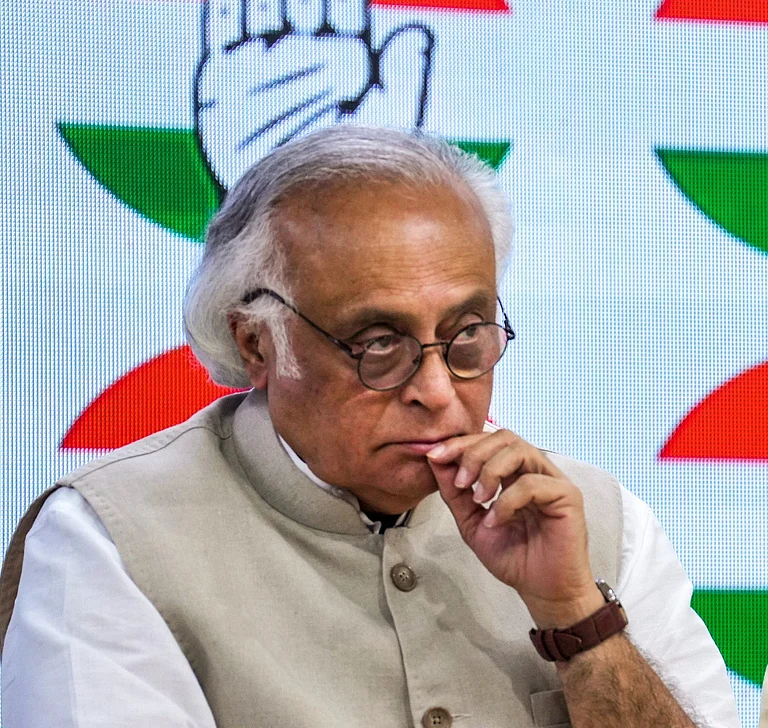
Congress approves deal to end the longest U.S. government shutdown.
Funding bill restores pay and federal services; Trump to sign it.
Debate over healthcare subsidies and party blame continues, Reuters reported.
Congress on Wednesday approved an agreement to end the longest government shutdown in U.S. history, after the House of Representatives voted to restore food assistance, pay federal employees, and restart a disrupted air-traffic control system, reported Reuters.
The Republican-controlled House passed the funding package 222–209, with President Donald Trump’s backing helping to hold his party together amid sharp opposition from Democrats. House Democrats expressed frustration that a weeks-long standoff initiated by Senate colleagues failed to secure an extension of federal health insurance subsidies.
The legislation, which has already cleared the Senate, will be signed into law by Trump later on Wednesday, according to the White House, officially ending the shutdown. The measure extends government funding until 30 January and keeps the U.S. on track to add roughly $1.8 trillion annually to its $38 trillion national debt.
“I feel like I just lived a Seinfeld episode. We just spent 40 days and I still don’t know what the plotline was,” said Republican Representative David Schweikert of Arizona, comparing Congress’ handling of the shutdown to the plotless comedy of the 1990s sitcom. “I really thought this would be like 48 hours: people will have their piece, they’ll get a moment to have a temper tantrum, and we’ll get back to work.”
He added: “What’s happened now when rage is policy?”
The vote followed eight days after Democrats scored several notable election victories that they believed improved their chances of extending health insurance subsidies set to expire at year-end. While the deal allows for a Senate vote on those subsidies in December, House Speaker Mike Johnson has made no such pledge.
Democratic Representative Mikie Sherrill, who was recently elected New Jersey’s next governor, used her final address to the House before resigning next week to denounce the funding bill. “To my colleagues: Do not let this body become a ceremonial red stamp from an administration that takes food away from children and rips away healthcare,” Sherrill said.
“To the country: Stand strong. As we say in the Navy, don’t give up the ship.”
Despite the intense debate, neither party appeared to emerge victorious. A Reuters/Ipsos poll released Wednesday showed 50 per cent of Americans blamed Republicans for the shutdown, while 47 per cent faulted Democrats.
The vote also marked the first day back in session for the Republican-controlled House since mid-September, following a long recess intended to increase pressure on Democrats. The return reignited efforts to compel a vote on the release of all unclassified documents linked to the late financier Jeffrey Epstein—an issue Speaker Johnson and Trump have resisted.
Johnson also swore in Democrat Adelita Grijalva, who won a September special election to fill the seat of her late father, Raul Grijalva, in Arizona. Her addition provided the final signature required for a petition to force a House vote on the Epstein records, hours after Democrats released a new batch of related documents.
After passing the funding bill to reopen the government, the House could soon find itself drawn back into scrutiny over Epstein’s life and 2019 death in prison, events that have fuelled ongoing conspiracy theories.
The legislation also permits eight Republican senators to pursue damages over alleged privacy violations tied to the federal probe into the 6 January 2021 attack on the U.S. Capitol by Trump supporters. It retroactively restricts the undisclosed collection of senators’ phone data and allows affected lawmakers to sue the Justice Department for $500,000 in damages, plus legal costs, Reuters reported.
(With inputs from Reuters)

























